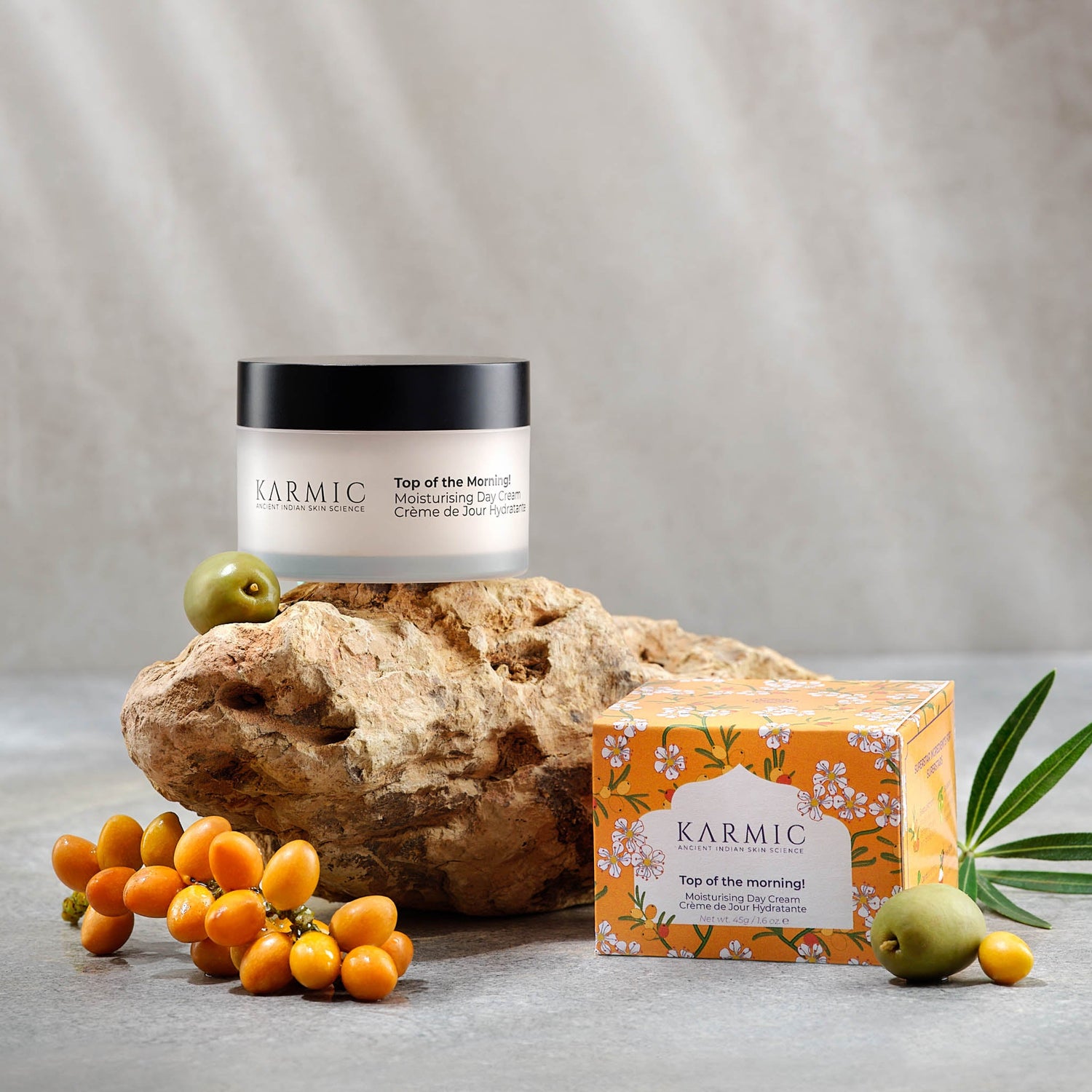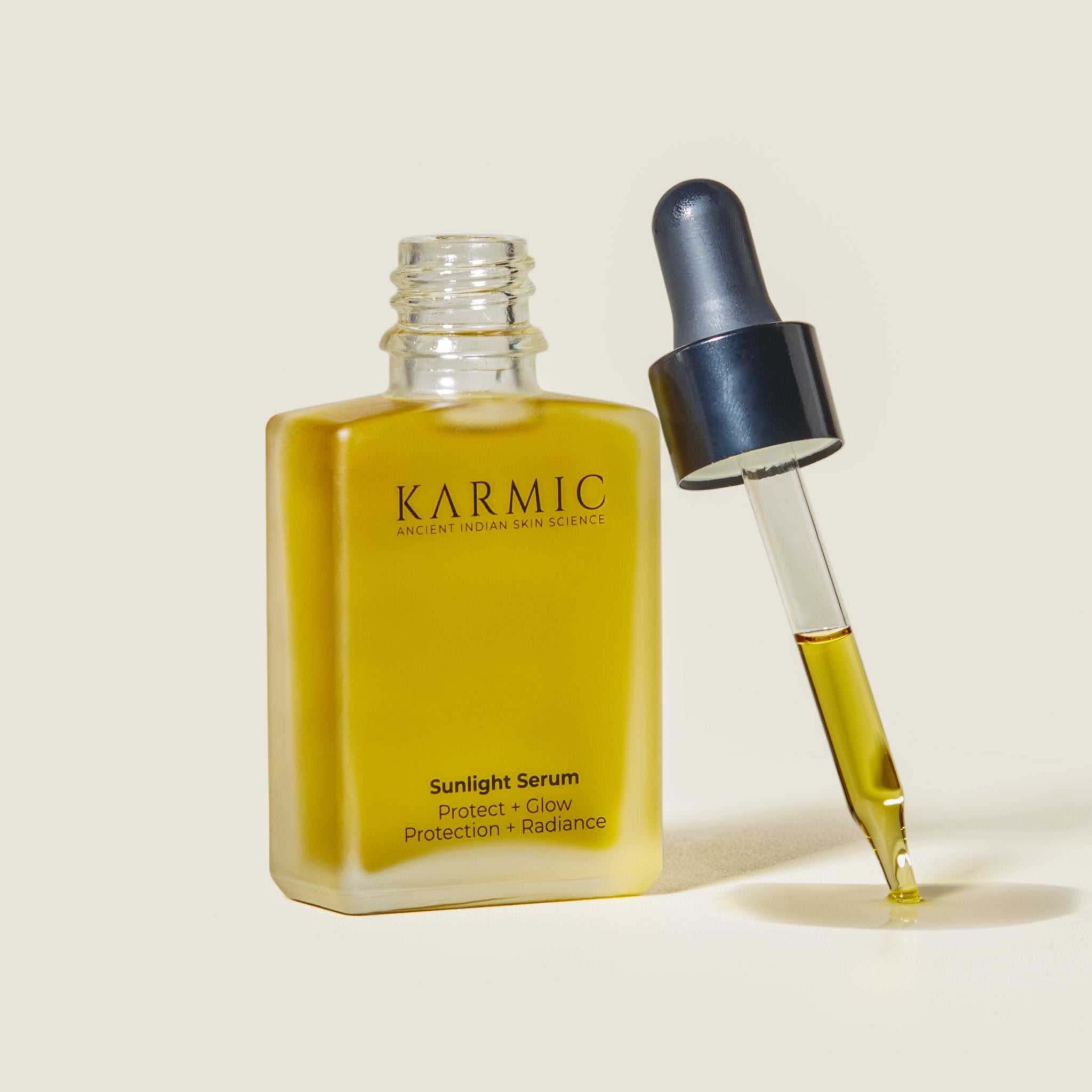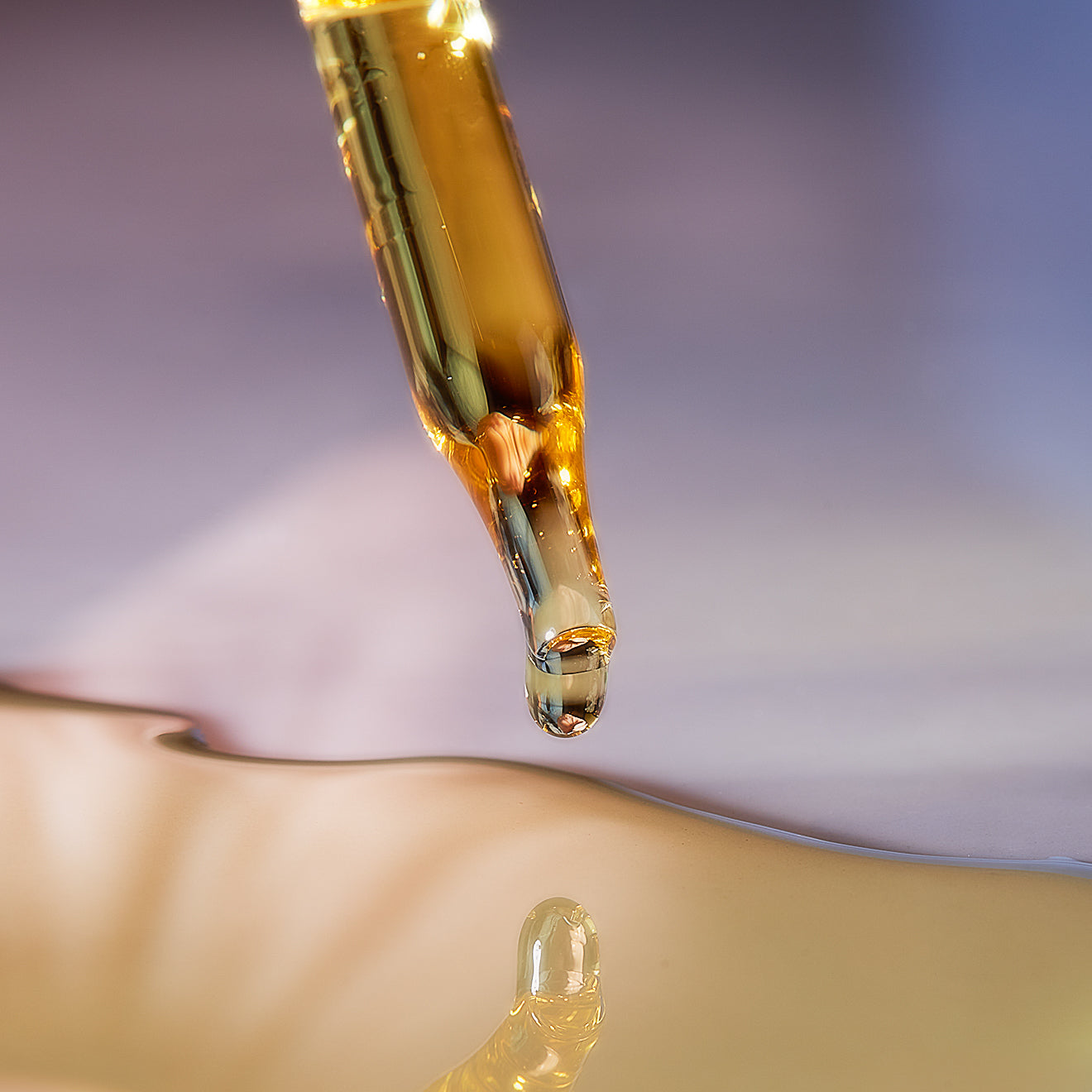In the world of skincare, choosing the right face moisturiser can make all the difference in achieving healthy, glowing skin. Moisturisers are crucial in maintaining the skin's hydration, protecting it from environmental damage, and addressing specific skin concerns. However, with so many choices available, selecting the ideal one for your skin type can be challenging. Here are seven tips to help you select the best face moisturiser tailored to your unique skin needs.
1. Understand Your Skin Type
The first step in selecting the perfect face moisturiser is to understand your skin type. This knowledge will guide you in choosing a product that addresses your specific needs without causing imbalances or irritation.
Oily Skin
Opt for a lightweight moisturiser that controls excess oil without clogging pores.
Dry Skin
Choose rich, hydrating moisturisers that provide deep moisture and strengthen the skin barrier.
Combination Skin
Look for balanced formulas that hydrate dry areas while controlling oil in the T-zone.
Sensitive Skin
Select gentle, fragrance-free moisturisers with soothing ingredients.
Eczema-Prone Skin
For eczema-prone skin, a natural moisturiser with calming properties is essential to prevent flare-ups.
Normal Skin
You have the flexibility to experiment with various moisturisers, focusing on maintaining balance and hydration.
2. Look for Key Ingredients
Ingredients are the heart of any skincare product. Selecting a moisturiser with the right ingredients can significantly impact your skin's health and appearance. Natural, plant-based ingredients are gentler on the skin than chemical ones.
Bakuchiol
A natural alternative to retinol, bakuchiol helps to reduce fine lines and improve skin texture without irritation.
Rosehip Oil
Packed with essential fatty acids and antioxidants, rosehip oil encourages cell regeneration and enhances overall skin texture.
Aloe Vera
Known for its soothing and anti-inflammatory properties, aloe vera is perfect for calming sensitive skin.
3. Choose the Right Texture
The texture of your moisturiser should align with your skin type and personal preferences. Different textures offer varying levels of hydration and absorption.
Gel Moisturisers
Ideal for oily and combination skin, gel moisturisers are lightweight and absorb quickly without leaving a greasy residue.
Cream Moisturisers
Suitable for dry and sensitive skin, cream moisturisers provide deep hydration and a rich texture that soothes and nourishes.
Lotion Moisturisers
Great for normal skin, lotions offer a balanced level of hydration without being too heavy or too light.
4. Consider Your Skin Concerns
When choosing a moisturiser, consider any specific skin concerns you want to address, such as ageing, acne, or hyperpigmentation.
Anti-Aging
Look for anti-aging moisturisers with ingredients like bakuchiol and sunflower seed oil to boost skin elasticity and reduce fine lines.
Acne-Prone Skin
Choose non-comedogenic moisturisers with soothing and anti-inflammatory properties to prevent breakouts. Hemp seed oil provides moisturising and calming effects, helping to reduce redness and skin irritation.
Hyperpigmentation
Opt for products containing brightening ingredients like Vitamin C, saffron, and licorice root extract to even out skin tone.
5. Patch Test New Products
Before fully incorporating a new moisturiser into your routine, it’s crucial to perform a patch test. Apply a small amount of the product to an inconspicuous area of your skin and wait 24-48 hours to check for any adverse reactions.
Why Patch Test?
This step helps you avoid potential allergic reactions or irritations, ensuring the product is safe for your skin.
6. Check Labels, Read Reviews, and Seek Recommendations
The label on any skincare product can give valuable insights. Search for moisturisers labelled “allergy tested” (to reduce the risk of allergic reactions) and “non-comedogenic” (to minimise the chance of clogging pores). While these labels don’t guarantee that a moisturiser won’t irritate your skin, they provide a good starting point for most individuals.
Studying reviews and seeking recommendations can provide valuable insights into how a moisturiser performs on different skin types. Seek out reviews from individuals with similar skin types and concerns to yours. Genuine customer feedback from other users can highlight the pros and cons of a product, helping you make an informed decision.
7. Adapt to Seasonal Changes
Your skin's needs can change with the seasons, so it’s essential to adapt your moisturiser accordingly.
Summer
During the warmer months, opt for a lightweight moisturiser that hydrates without feeling heavy or greasy. Sun protection is important, so choose a moisturiser with an SPF 15 or higher. Apply it daily as instructed.
Winter
During colder months, opt for a richer, cream-based moisturiser to combat dryness and protect your skin from harsh weather conditions.
Conclusion
Choosing the best face moisturiser for your skin type involves understanding your unique skin needs, selecting products with the right ingredients, such as those from Karmic Skin, and considering your specific skin concerns.
By following these seven tips, you can find a moisturiser that keeps your skin hydrated, healthy, and radiant throughout the year. Remember, consistency is key, and incorporating a high-quality moisturiser into your daily skincare routine can make a significant difference in achieving your desired skin goals.
FAQs About Moisturiser for Different Skin Types :
What measures can be taken for sun protection?
To protect your skin from sun damage, apply a broad-spectrum sunscreen with SPF 30 or higher, wear protective clothing, and seek shade during peak sun hours. Reapply sunscreen every two hours, especially after swimming or sweating. Sunglasses and wide-brimmed hats also help shield your skin from harmful UV rays.
What factors determine a person's skin type?
A person's skin type is determined by several factors, including genetics, age, environment, and hormonal changes. Key indicators include oil production, moisture levels, sensitivity, and pore size. Common skin types are oily, dry, combination, sensitive, and normal. Understanding these factors helps in selecting appropriate skincare products.
What does 'non-comedogenic' mean in skincare?
'Non-comedogenic' refers to products formulated to not clog pores, reducing the risk of acne and breakouts. These products are designed to avoid ingredients that may cause pore blockages. Using non-comedogenic skincare and makeup is essential for individuals with oily or acne-prone skin, promoting clearer and healthier skin.
Can the Moisturizing Soft Cream be used for hydrating touchups when the weather is drier?
Yes, the Moisturizing Soft Cream is ideal for hydrating touchups in dry weather. Its rich, nourishing formula provides instant moisture and helps restore the skin's hydration barrier. For best results, apply it as needed throughout the day, especially on areas that feel particularly dry or tight.




